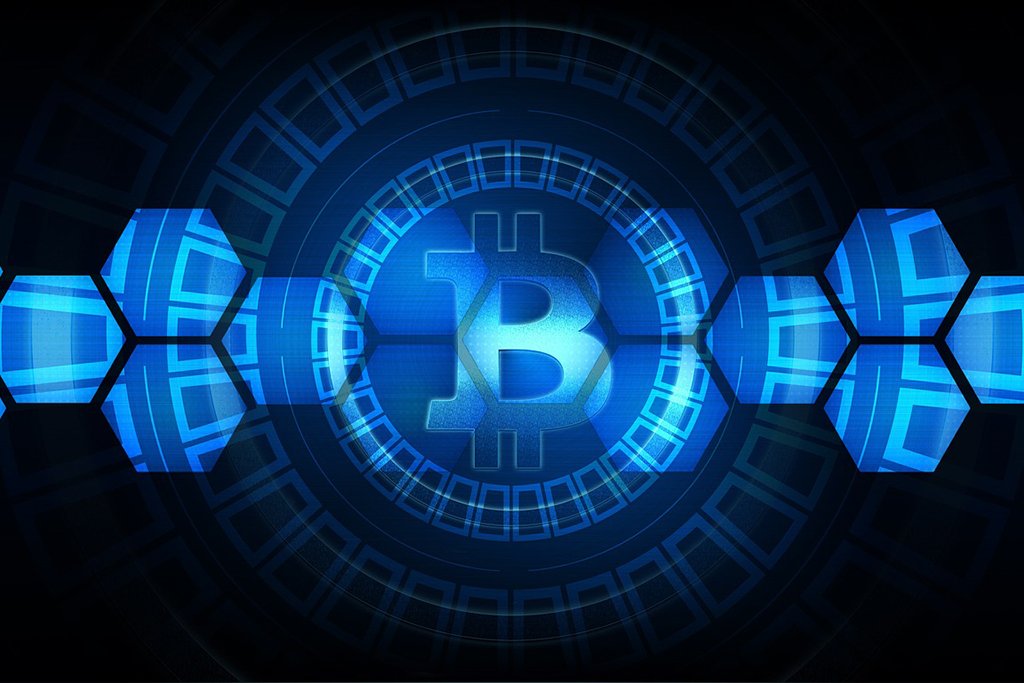Since interoperability is a key necessity for blockchain tech to be effectively adopted globally, a number of coimpanies including Mateverse, Cosmos, Ark and others work hard to build a cross-chain bridge allowing for creating a universal interoperable ecosystem.
No doubts, blockchain technology continues to revolutionize several sectors and industries owing to its decentralized feature which eliminates the need for intermediaries and centralized control. Blockchain technology since Bitcoin has been able to prove its ability to provide a framework that engenders transparency and an advanced level of security.
The tech paved the way for new possibilities and functionality disrupting modes of transactions and creating a new decentralized means of exchange- cryptocurrencies. Currently, there are over 1900 cryptocurrencies already globally operating based on information provided by CoinMarketCap with several exchanges and public chains also operational. These exchanges serve as platforms for trading the various cryptocurrencies depending on the blockchain platform they are based although mostly Ethereum.
The Interoperability Problem
As a result, several blockchain projects began building based on Bitcoin and Ethereum with Ethereum being the most popular and widely used. Ethereum gained mass adoption due to its smart contracts feature and the ability to develop decentralized apps (dApps). Several blockchain projects adopted the Ethereum ERC20 standards in developing their tokens likewise most exchanges chose to list ERC20 tokens. This in time made Ethereum the standard for public chains accounting for 82% of the tokens in the marketplace. Projects found it easier and less time consuming developing an ERC20 wallet.
However, though Bitcoin and Ethereum stand as the most popular chains, other projects also developed their own public chains running their distinct infrastructure and technological framework. This is where interoperability becomes an issue.
With the several tokens already circulating most especially the ERC20 tokens and vast number of blockchain projects, a lot of these still aren’t able to effectively interact and connect with each other. Projects like Civic for instance when used, cannot connect with the interface of another project like OmiseGo despite both tokens being ERC-based. There still exists a problem of interconnectivity between projects on the same public chain.
The problem even becomes more magnified with projects on different public chains. Ideally, interoperability connotes the capacity to transact and share information easily across different blockchain systems. Users on a different blockchain platform should be able to send and transact with other users on another platform and information shared should be readable and usable.
For blockchain to be widely adopted and truly effective in its applications, there needs to be a bridge that will allow for full interoperability creating a universal ecosystem. A user who has registered an account on a blockchain platform should be able to easily transact on another platform without having to go through lengthy processes of registering different accounts on the different platforms.
A Cross-Chain Solution
In light of this major problem of interoperability, different blockchain projects have begun developing bridges that would enhance interaction among public chains. Projects like Cosmos, Ark and Aion are examples that have started implementing frameworks that will connect different chains and allow them interact with each other.
However, another project worthy of attention is Metaverse, a public chain based in China already providing Digital Assets and Identity services on the blockchain. Metaverse recently introduced an idea called Cross Chain Token Swap. The framework allows users to swap tokens from one public chain with another from a different public chain. This would mean, tokens that based on Metaverse MST standard can be easily swapped with tokens based on Ethereum ERC20 standard.
Considering Ethereum has faced a number of attacks which threaten assets of users on the blockchain, projects might consider swapping or switching to other public chains for better security or faster transaction processing. If this switch is to occur, then it has to be easy and with no major complexities.
Metaverse claims to provide a well secured platform that can adequately deal with potential threats and also an easy to use framework that does not require business owners to learn the Solidity program making operations on the platform much more user friendly.
Interoperability is a key necessity for blockchain tech and its applications to be effectively adopted globally. A world where different public chains can truly interact without unnecessary barriers is what truly emphasizes decentralization. If this is achieved, it will unlock a whole new world of possibilities and diverse functionalities.
